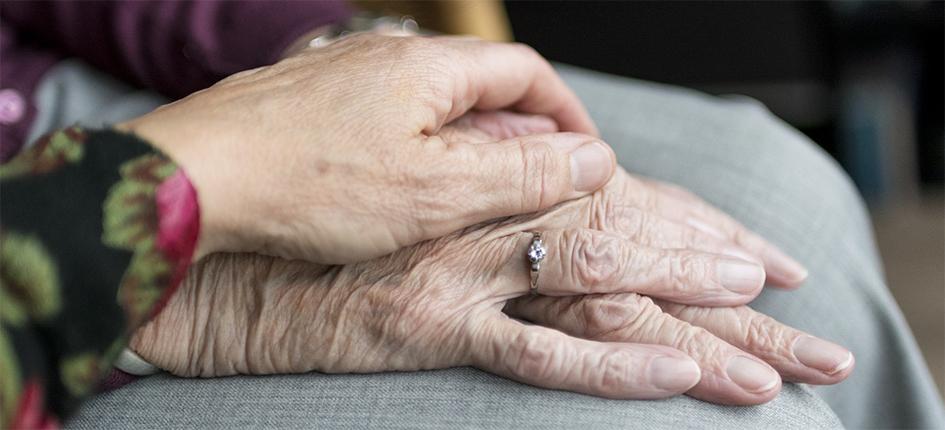
The first treatment to slow the onset of Alzheimer’s disease was approved on Monday in the USA. The antibody drug aducanumab was discovered by scientists working at the Schlieren-based Neurimmune AG, a spin-off from the University of Zurich (UZH) headquartered at the Bio-Technopark Schlieren-Zurich. “The discovery and development of aducanumab has been a fascinating journey”, explains John Growdon, Professor of Neurology at the Harvard Medical School and senior clinical advisor of Neurimmune, in a press release issued by the biopharmaceutical company. The approval of aducanumab to treat Alzheimer’s disease is regarded as “a historic breakthrough for patients, families and society”.
In a press release issued by the regulatory authority, Patrizia Cavazzoni, Director of the FDA’s Center for Drug Evaluation and Research, explains that the reasoning behind the decision to grant accelerated authorization status to the drug is connected with the fact that the therapies currently available only treat symptoms of the disease. “This treatment option is the first therapy to target and affect the underlying disease process of Alzheimer’s. As we have learned from the fight against cancer, the accelerated approval pathway can bring therapies to patients faster while spurring more research and innovation”.
The human antibody aducanumab reduces the build-up of proteins in the brain, known as amyloid, which takes place over several decades. These deposits are responsible for the advanced cognitive deficits seen in people suffering from Alzheimer’s. Clinical studies have shown that amyloid build-up was reduced by 59 to 71 percent following treatment over a period of 18 months.
Founded by two UZH professors, Roger Nitsch and Christoph Hock, Neurimmune AG struck an agreement in 2007 to license aducanumab to the US firm Biogen, which operates a Swiss subsidiary based in Baar in the canton of Zug. In conjunction with the Japanese firm Eisai, which also maintains a presence in the Greater Zurich Area, Biogen focused on further developing the drug. In addition to aducanumab, Neurimmune scientists have developed cinpanemab to treat Parkinson’s disease as well as antibodies to combat Alzheimer’s, amyotrophic lateral sclerosis and ATTR cardiomyopathy. At present, these are being evaluated as part of clinical trials.
Related news
Contact us
Can we put you in touch with a peer company or research institute? Do you need any information regarding your strategic expansion to Switzerland's technology and business center?
info@greaterzuricharea.com